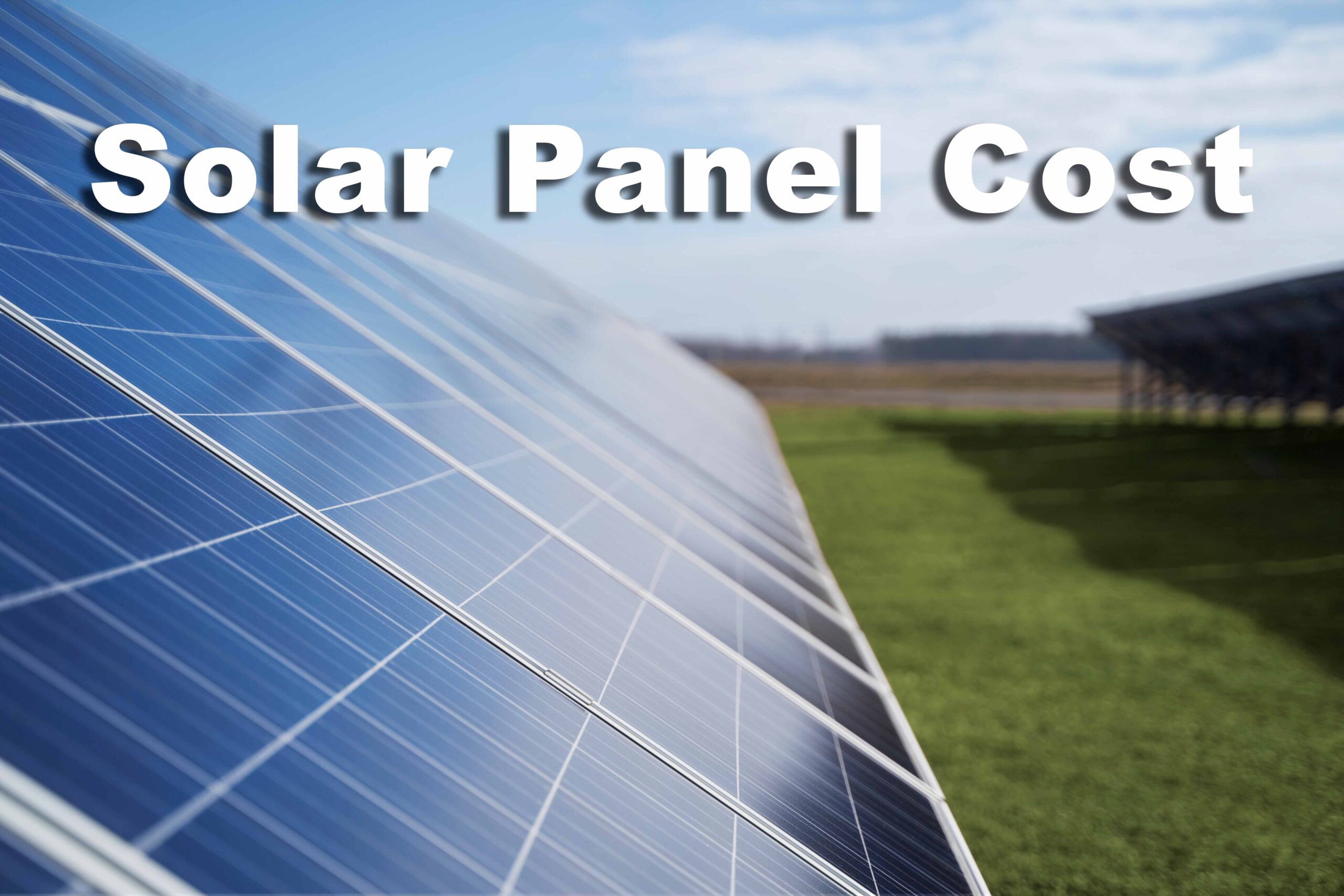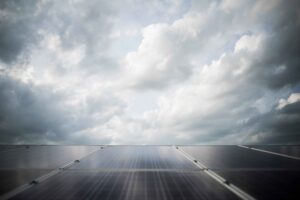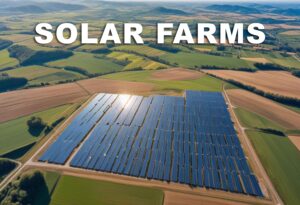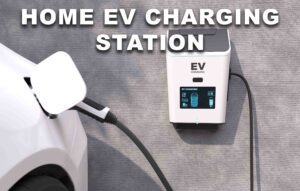Solar panels have gained widespread popularity as a sustainable energy source for homes and businesses. With the rising costs of electricity and increasing awareness of environmental impact, more people are looking to solar energy as an alternative power solution. In this comprehensive guide, we’ll dive into the key aspects of solar panels, including how they work, the types available, their benefits, and more.
Introduction to Solar Panels
Solar panels are devices that convert sunlight into electricity, providing a clean and renewable energy source. These panels are made from photovoltaic (PV) cells, which capture sunlight and transform it into direct current (DC) electricity. This process is critical for reducing dependence on fossil fuels, thereby lowering greenhouse gas emissions.
How Solar Panels Work
The Science Behind Solar Energy Solar energy is derived from the sun, a massive fusion reactor that releases energy in the form of light and heat. The energy emitted by the sun is abundant and renewable, making it a key component of sustainable energy solutions. Solar panels capture this sunlight and convert it into usable electricity.
Solar Energy Conversion Process Solar panels use photovoltaic cells composed of semiconductor materials like silicon. When sunlight strikes the cell, it energizes electrons, causing them to flow and create an electrical current. This current is then captured and converted into usable alternating current (AC) electricity through an inverter.
Types of Solar Panels
Monocrystalline Solar Panels Monocrystalline panels are known for their high efficiency and long lifespan. They are made from a single, continuous crystal structure, which allows for better energy conversion rates. These panels are ideal for areas with limited space, as they generate more power per square meter than other types.
Polycrystalline Solar Panels Polycrystalline panels are made from multiple silicon fragments melted together. While slightly less efficient than monocrystalline panels, they are more affordable, making them a popular choice for homeowners looking for budget-friendly solar solutions.
Thin-Film Solar Panels Thin-film panels are created by depositing photovoltaic material onto a surface such as glass or plastic. They are lightweight, flexible, and can be installed in various environments, including rooftops and building facades. However, their lower efficiency means they require more space compared to crystalline panels.
Advantages of Solar Panels
Environmental Benefits Solar panels produce clean energy, significantly reducing carbon footprints. By switching to solar energy, homeowners and businesses can reduce their reliance on fossil fuels, contributing to a greener future.
Cost Savings and Energy Efficiency Although the initial installation costs can be high, solar panels save money in the long run. With the ability to generate free electricity from the sun, homeowners can reduce or eliminate their monthly energy bills.
Durability and Low Maintenance Solar panels are built to last, with many manufacturers offering warranties of 25 years or more. They require minimal maintenance, usually just occasional cleaning and inspection, making them a low-hassle energy solution.
Solar Panel Installation Process
Steps to Installing Solar Panels The installation process typically begins with an assessment of your roof and energy needs. This is followed by obtaining permits and selecting the right panels. Once approved, professionals will install the panels, connect them to your home’s electrical system, and ensure everything is functioning properly.
Choosing the Right Solar Installer It’s crucial to choose an experienced and reputable solar installer. Look for certifications, customer reviews, and transparency in pricing. A good installer will guide you through the entire process, ensuring your system is designed to meet your energy needs.
Factors Affecting Solar Panel Efficiency
Location and Sunlight Exposure The efficiency of solar panels depends on the amount of sunlight they receive. Homes in sunnier locations will generate more power compared to those in areas with less sun exposure. Proper panel placement is essential for maximizing energy production.
Temperature and Weather Impact While solar panels thrive in sunny environments, extreme heat can reduce their efficiency. Additionally, panels can still generate electricity on cloudy days, though at a lower rate. Proper installation and choosing the right panel type can help mitigate these effects.
Solar Energy Storage Options
Solar Batteries and Their Importance Solar energy systems can be paired with battery storage to capture excess power generated during the day. This stored energy can be used during night time or during power outages, providing a reliable backup power source.
Best Solar Battery Solutions There are several solar battery options available, including lithium-ion, lead-acid, and flow batteries. Each has its own advantages in terms of cost, lifespan, and capacity. Lithium-ion batteries are the most popular due to their high efficiency and longevity.
Costs and ROI of Solar Panels
Initial Costs and Long-term Savings The upfront cost of solar panel installation can be significant, but over time, the savings on electricity bills often outweigh the initial investment. Additionally, with government incentives and rebates, the return on investment (ROI) can be achieved within a few years.
Government Incentives and Rebates Many governments offer incentives, such as tax credits and rebates, to encourage solar adoption. These incentives can significantly reduce the cost of solar panel installation, making it a more affordable option for homeowners.
Maintenance and Longevity of Solar Panels
Cleaning and Upkeep Tips Solar panels require minimal maintenance. Regularly cleaning the panels to remove dust, dirt, and debris can ensure they continue to operate at peak efficiency. It’s also recommended to schedule an annual inspection by a professional to check for any damage.
Expected Lifespan of Solar Panels Most solar panels come with warranties that guarantee performance for 25 to 30 years. With proper maintenance, panels can last even longer, continuing to produce electricity for decades with only a slight decrease in efficiency over time.
Solar Panels for Homes vs. Businesses
Residential Solar Panel Systems For homeowners, solar panels provide an opportunity to reduce energy bills and contribute to a more sustainable future. Residential systems are typically smaller and easier to install than commercial systems.











